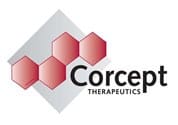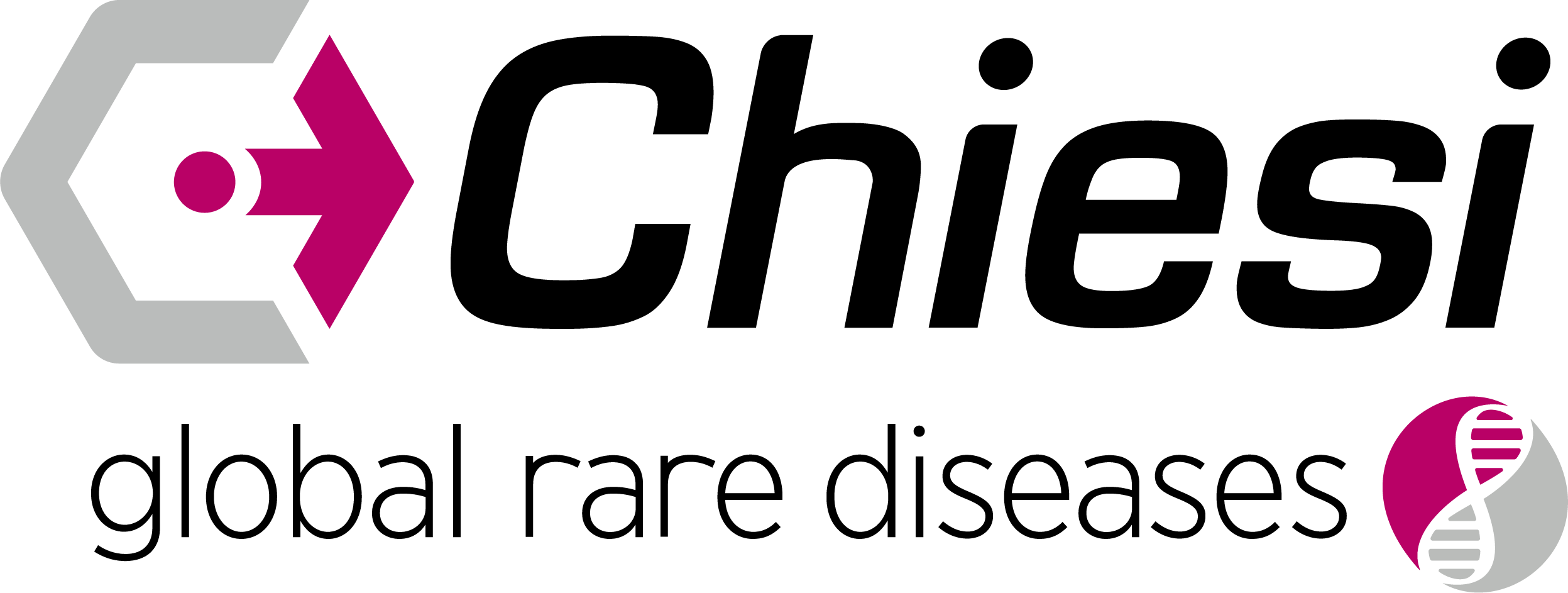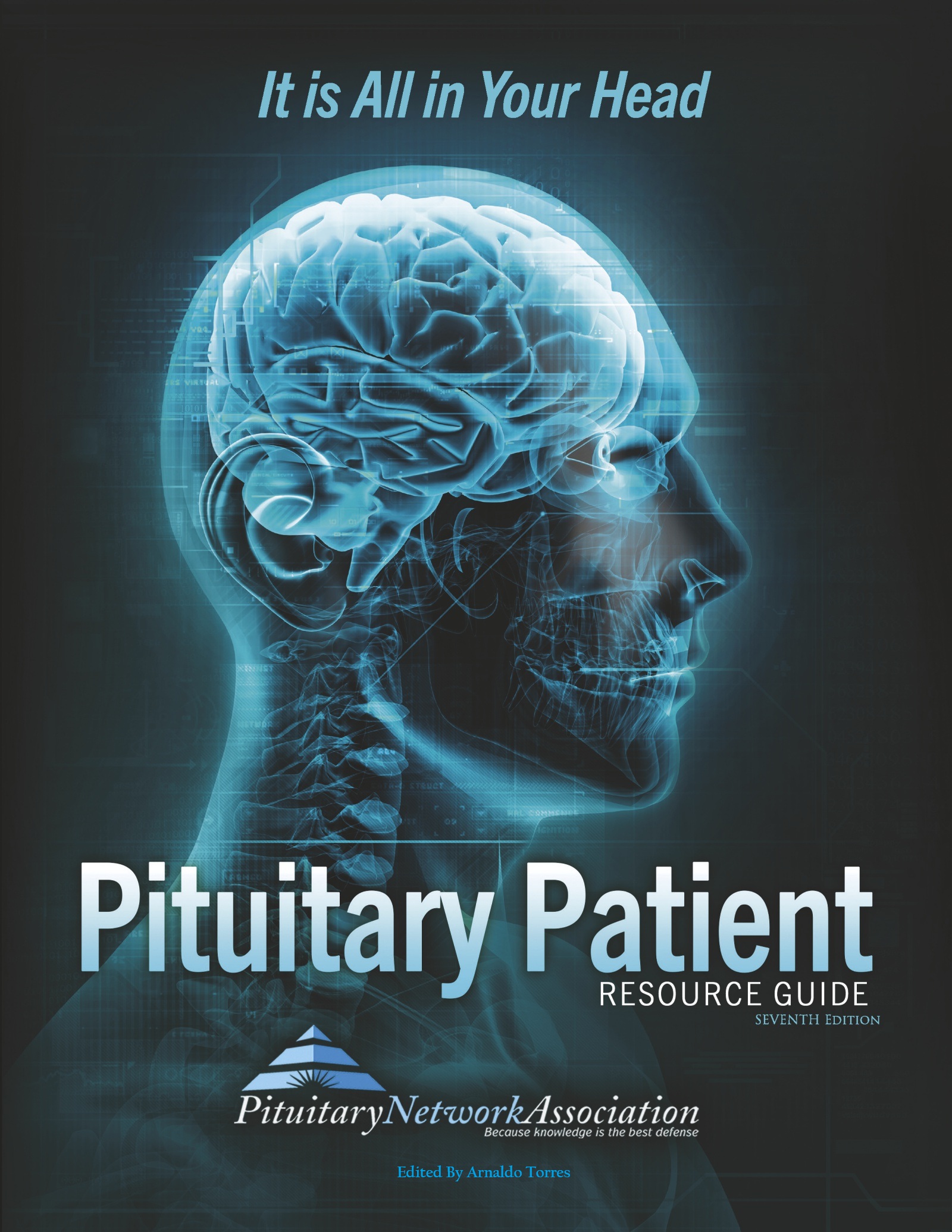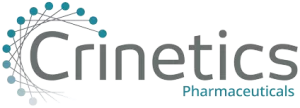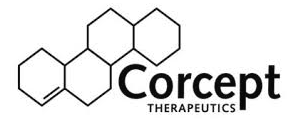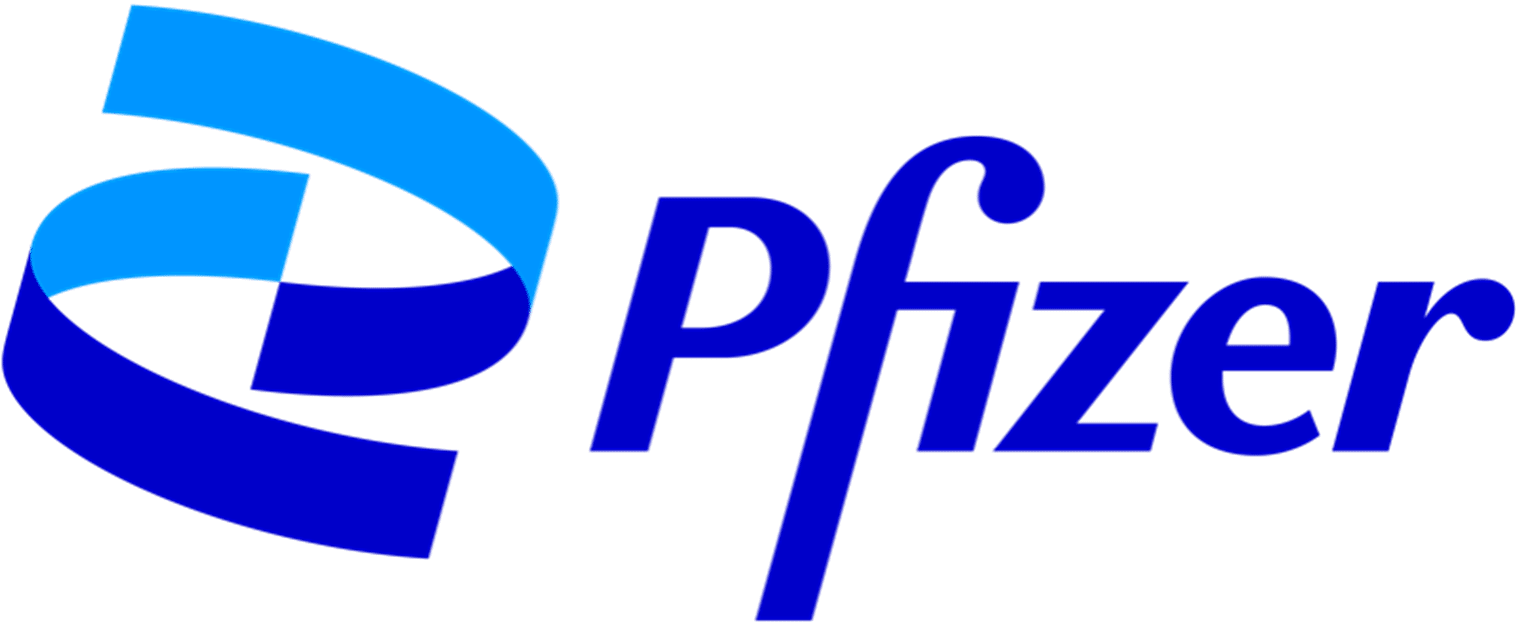News Articles February 2022
Written on 04 February 2022.
Anorexia
An eating disorder characterized by loss of appetite or total aversion to food.
Anorexia nervosa is characterized by a distortion of body image and intense fear of gaining weight, causing emaciation and a lack of menstruation among girls and women, and extreme eating disorders involving self-induced vomiting, misuse of laxatives, diuretics or enemas.
Anosmia
Absence of the sense of smell.
Symptom common to tumors of the frontal lobe of the cerebral hemispheres.
Anterior
Pertaining to being in front of another structure – toward the front of the body.
Anterior pituitary: The front portion of the pituitary, a small gland in the head called the master gland. Hormones secreted by the anterior pituitary influence growth, sexual development, skin pigmentation, thyroid function, and adrenocortical function. These influences are exerted through the effects of pituitary hormones on other endocrine glands except for growth hormone which acts directly on cells.
The effects of underfunction of the anterior pituitary include growth retardation (dwarfism) in childhood and a decrease in all other endocrine gland functions normally under the control of the anterior pituitary (except the parathyroid glands). The results of overfunction of the anterior pituitary include overgrowth (gigantism) in children and a condition called acromegaly in adults.
Anterior Pituitary
The front portion of the pituitary.
Produces a number of hormones that affect other tissues and glands including ACTH, GH, LH, FSH, Prolactin, TSH.
Antibodies
Part of the immune system, antibodies are proteins produced by white blood cells that circulate in the blood looking for and attaching to foreign proteins and toxins to neutralize them.
Antibodies are a type of protein made by plasma cells (a type of white blood cell) in response to an antigen, or foreign substance. A single antibody can bind to only one specific antigen to help destroy the antigen. Antibodies can work in several ways, depending on the nature of the antigen. Some antibodies destroy antigens directly; others help white blood cells destroy the antigen.
Anticoagulant
Used to prevent the formation of blood clots.
A drug that helps prevent blood clots from forming; externally administered agents that prevent blood clotting. Also called blood thinner.
Anticoagulant Therapy
Anticoagulant drugs administered in a theraputic manner.
The use of anticoagulant drugs to reduce or prevent intravascular or intracardiac clotting.
Antigen
Antigens are capable of causing the production of antibodies and may or may not have an allergic reaction.
An Antigen is a substance that causes the immune system to make a specific immune response. An antigen may be a foreign substance from the environment such as chemicals, bacteria, viruses, or pollen. An antigen may also be formed within the body, as with bacterial toxins or tissue cells.
AO
Adult onset: occurring in adulthood.
Adult onset as in patients with growth hormone deficiency occurring in adulthood. Also referring to adult onset diseases such as type 2 diabetes.
Apnea
The absence of breathing.
Sleep apnea is a common sleep disorder characterized by brief interruptions of breathing during sleep. Episodes usually last 10 seconds or more and occur repeatedly throughout the night. People with sleep apnea will partially awaken as they struggle to breathe, but in the morning they will not be aware of the disturbances in their sleep. The most common type of sleep apnea is obstructive sleep apnea (OSA), caused by relaxation of soft tissue in the back of the throat that blocks the passage of air. Central sleep apnea (CSA) is caused by irregularities in the brain’s normal signals to breathe. Most people with sleep apnea will have a combination of both types. The hallmark symptom of the disorder is excessive daytime sleepiness. Additional symptoms of sleep apnea include restless sleep, loud snoring (with periods of silence followed by gasps), falling asleep during the day, morning headaches, trouble concentrating, irritability, forgetfulness, mood or behavior changes, anxiety, and depression. Not everyone who has these symptoms will have sleep apnea, but it is recommended that people who are experiencing even a few of these symptoms visit their doctor for evaluation. Sleep apnea is more likely to occur in men than women, and in people who are overweight or obese.
Available Now!
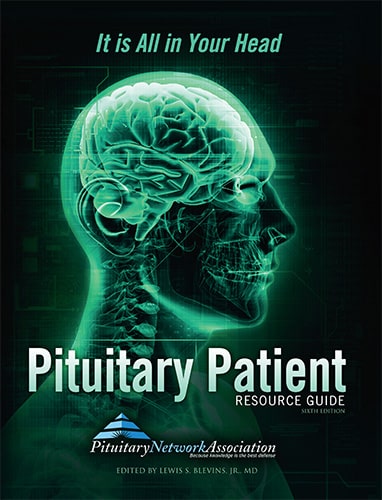
The Pituitary Patient Resource Guide Sixth Edition is now available! Be one of the first to have the most up-to-date information. The Pituitary Patient Resource Guide a one of a kind publication intended as an invaluable source of information not only for patients but also their families, physicians, and all health care providers. It contains information on symptoms, proper testing, how to get a diagnosis, and the treatment options that are available. It also includes Pituitary Network Association's patient resource listings for expert medical care.
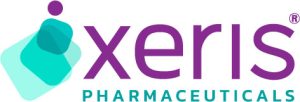
Xeris Pharmaceuticals is valued member of the PNA



